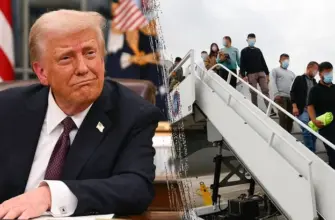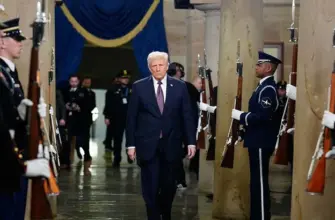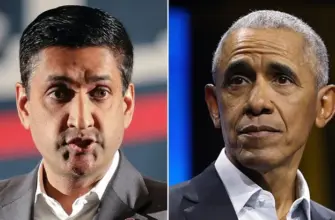Australia’s Labor Party and the opposition Coalition have both committed to ending a long-term lease of Darwin Port held by Landbridge Group, a company with Chinese investment. This decision has drawn criticism from Beijing.
Both major parties are now seeking to repurchase the port, regardless of who forms the next government, aiming to terminate the existing 99-year lease secured in 2015 during the previous Turnbull coalition administration.
The Chinese Foreign Ministry has voiced concern that this situation is being exploited for political gain, potentially jeopardizing the recently improving relationship between Australia and China.
“We urge the Australian side to provide a fair, non-discriminatory and predictable business environment for Chinese enterprises investing and operating in Australia, and refrain from overstretching the concept of national security or politicising normal business cooperation,”
said spokesperson Lin Jian.
Opposition leader Peter Dutton acknowledged past missteps regarding the lease. He has vowed to either find an Australian buyer for the port by the end of the year or, failing that, acquire it through compulsory purchase using public funds.
“This is in our country’s best interest. We know we live in uncertain times and the government’s had three years to deal with this issue, they haven’t done that,”
Dutton stated.
Prime Minister Anthony Albanese confirmed the government has been actively working towards regaining control of the port, also criticizing the initial sale as a consequence of an asset recycling program initiated by the Abbott government in 2014.
- The program incentivized state and territory governments to sell off infrastructure assets.
Since Labor’s election victory in May 2022, Australia-China relations have been gradually normalizing following a period of significant tension.
Previously, the Chinese government implemented trade sanctions against various Australian industries in response to Australia’s call for an inquiry into the origins of COVID-19 and concerns about foreign interference. This resulted in estimated losses of $20 billion for Australian exports.







